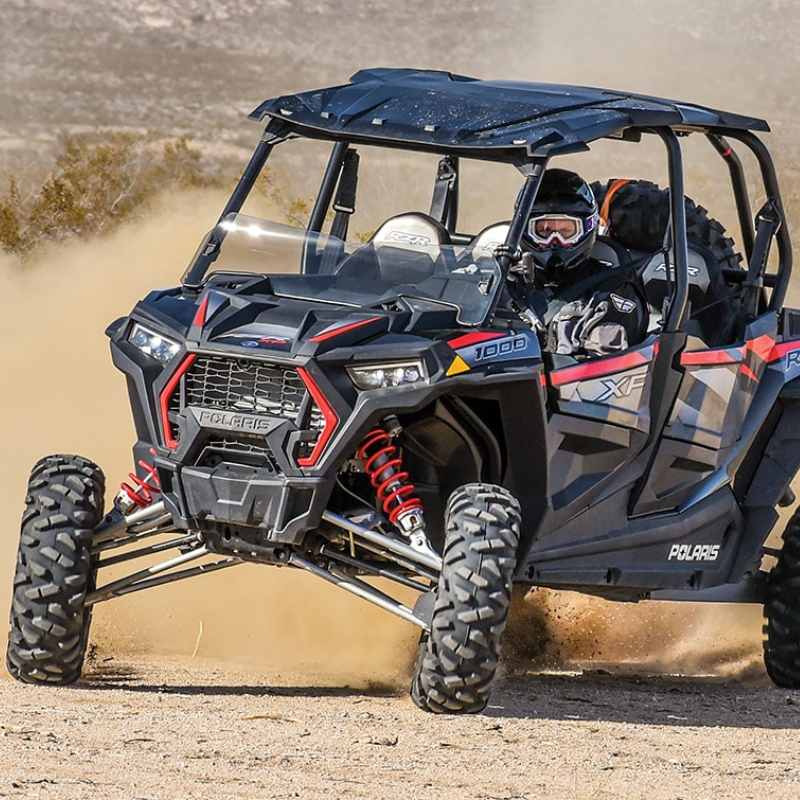As an OHV user, there are lots of things you know: you know the coolest manoeuvres, the toughest climbs, the most awe-inspiring viewpoints. You might know the best backcountry sites to set up camp—and that, if you decide to leave your gear behind for a week and come back later in the season, your stuff will likely remain safe and sound.
What you may not know is that leaving campsites, ATVs, tents and other paraphernalia unattended on Crown land is illegal.
Lise Levesque is a compliance supervisor for B.C.'s Rocky Mountain Field Unit. Her job involves monitoring the activities on Crown lands and ensuring they are in compliance with provincial legislation. She said the vast majority of OHV users want to comply with the law, but may not be aware of the rules—it is against the law to occupy Crown lands without proper authorization.
“Right now we’re focusing mostly on education,” said Levesque. “We are leaving notices on people’s belongings saying that Section 60 of the Land Act basically requires them to move their stuff, with a contact name so that they can give us a call. We’ll be happy to talk to them and explain to them why the notice is there and what we need them to do.”
Simply put, recreation users must take all their belongings with them when they leave Crown lands. Failing to do so can result in the seizure of property.
Another issue that is becoming increasingly noticeable is the creation of trails in fragile areas. Many areas of B.C. contain easily disturbed grasslands or wetlands; it takes little work to forge a trail through these regions. Damaging the environment is punishable by fines or imprisonment—so, play it safe and remember that just because a rider has created a pathway doesn't mean it should be used. To avoid penalties, Levesque recommends staying off the grasslands and away from wetlands. ATVers should stick to heavily used trails and drive within existing tracks. Additionally, cross streams only in designated areas and report irresponsible riders.
“We’re not trying to deter people from camping,” said Levesque. “But there’s an old (adage): ‘Leave the place in better condition than when you arrived.’ Have a light hand on the land, keep your footprint very small, and when you leave, leave it better than when you got there so that the next person who comes along can enjoy it.”
In the East Kootenay, call the Cranbrook outlet of FrontCounter BC at 250-426-1766 for more information; go to the FrontCounter BC website to find other locations.








Comments